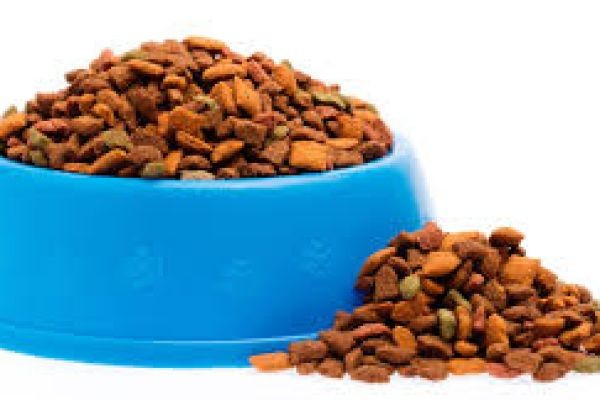The global pet food market is experiencing a significant transformation, driven by evolving consumer preferences and a growing emphasis on pet health and wellness. Pet owners are increasingly seeking diets that not only meet their pets' nutritional needs but also contribute to their overall well-being. This shift is leading to a surge in demand for specialized pet diets, nutritional supplements, and functional ingredients.
Popular Pet Diets: Shifting Towards Health and Sustainability
Traditional pet food options are being replaced by diets that prioritize health, sustainability, and ethical sourcing. Pet owners are moving away from generic kibble and canned foods, opting instead for products that align with their values and their pets' health needs.
-
Premium and Natural Diets: There is a growing preference for premium pet foods that use high-quality, natural ingredients. These diets often feature whole meats, organic vegetables, and are free from artificial additives and preservatives. Brands like Lily’s Kitchen and Forthglade have seen significant growth, with sales of their natural and wholefood diets increasing by up to 500% in some markets.
-
Grain-Free and Limited Ingredient Diets: Many pet owners are choosing grain-free or limited ingredient diets to address food sensitivities and allergies in their pets. These diets typically feature novel proteins and carbohydrates, reducing the risk of adverse reactions and promoting digestive health.
-
Fresh and Human-Grade Foods: The trend towards humanization of pets has led to a rise in demand for fresh, human-grade pet foods. These products are minimally processed and often suitable for human consumption, reflecting the desire of pet owners to provide their pets with the same quality of food they consume themselves.
Nutritional Supplements: Enhancing Pet Health
Nutritional supplements are becoming an integral part of pet care, as owners seek ways to enhance their pets' health and address specific health concerns.
-
Joint and Mobility Support: Supplements containing glucosamine, chondroitin, and omega-3 fatty acids are popular for supporting joint health and mobility in aging pets. These supplements help maintain healthy cartilage and reduce inflammation, improving the quality of life for senior pets.
-
Digestive Health: Probiotics and prebiotics are commonly used to promote a healthy gut microbiome, aiding in digestion and nutrient absorption. Ingredients like chicory root and brewer’s yeast are often included in pet foods and supplements to support digestive health.
-
Skin and Coat Health: Omega fatty acids, biotin, and zinc are frequently added to pet foods and supplements to improve skin and coat condition. These nutrients help maintain a shiny coat and reduce issues like dry skin and itching.
-
Weight Management: Supplements designed to support weight management are gaining popularity, particularly among pets prone to obesity. Ingredients like L-carnitine and fiber are used to promote satiety and support healthy metabolism.
Functional Ingredients: Meeting Specific Health Needs
Functional ingredients are added to pet foods to provide health benefits beyond basic nutrition, addressing specific health concerns and enhancing overall well-being.
-
Superfoods: Ingredients like turmeric, blueberries, and spinach are being incorporated into pet foods for their antioxidant properties and potential anti-inflammatory effects. These superfoods contribute to overall health and may help prevent chronic diseases.
-
Insect-Based Proteins: As sustainability becomes a priority, insect-based proteins are emerging as an alternative to traditional animal proteins. Ingredients like black soldier fly larvae are rich in protein and omega-3 fatty acids, offering a sustainable and nutritious option for pet diets.
-
Functional Fibers: Ingredients such as beet pulp and pumpkin are used to support digestive health by promoting regular bowel movements and maintaining a healthy gut microbiome.
-
Herbal Additives: Herbs like chamomile and valerian root are being included in pet foods and supplements for their calming effects, helping to reduce anxiety and stress in pets.
Market Trends and Future Outlook
The pet food market is witnessing a shift towards products that prioritize health, sustainability, and ethical sourcing. Consumers are becoming more discerning, seeking out brands that align with their values and offer transparency in ingredient sourcing and production processes.
The demand for functional pet foods is expected to continue growing, driven by the increasing humanization of pets and a greater focus on preventive health care. Innovations in ingredient sourcing, product formulation, and packaging are likely to shape the future of the pet food industry.
Companies that can effectively meet these evolving consumer demands by offering high-quality, functional, and sustainable pet food options are well-positioned for success in the competitive market.

